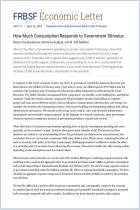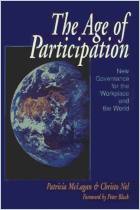
Article
Shocks to the Purse
Governments must understand and manage risks to public spending and debt
Finance & Development ,
2016
Read or listen offline
автоматическое преобразование текста в аудио
1×
автоматическое преобразование текста в аудио
Recommendation
The Great Recession, euro-zone crises and Brexit were exogenous shocks to sovereign economies and, by extension, to their finances. International Monetary Fund economists Benedict Clements, Xavier Debrun, Brian Olden and Amanda Sayegh explore the relationship between these “fiscal risks” and their effects on public sector finances. Governments, the authors contend, must put in place policy frameworks for forecasting the impacts of fiscal risk events, as well as a series of measures to manage and alleviate the outcomes. getAbstract recommends this enlightening overview to public officials, economists and financial professionals.
Take-Aways
About the Authors
Benedict Clements et al. are economists with the International Monetary Fund.
By the same authors
Article

















Comment on this summary or Начать обсуждение